In Alex Padilla’s Pacoima, fracas over ICE raids hits home
In Alex Padilla’s Pacoima, fracas over ICE raids hits home

Inside a cell phone repair shop on Van Nuys Boulevard, Juan Reynoso watched the video playback of what happened to Alex Padilla on Thursday. It wasn’t pretty.
“Oh my God,” he said slowly and softly, his mouth agape as the stream played out on the monitor in front of him.
On the screen: A United States senator, the first Latino from California in that role, the one raised by immigrant parents in this very part of L.A. — the community of Pacoima — was being forced to the floor by federal agents and then handcuffed.
Just moments before, on that very monitor, he’d been watching an app that reports to show where Immigration and Customs Enforcement stops were happening across the country.

He scooted the monitor over to show a reporter how on this Thursday afternoon — just hours after Padilla went to the mat — the raids Padilla was protesting were highly concentrated in L.A.
In fact, one of the multitude of blips on the screen, just down the street, was near a Target store in the heart of Pacoima.
A week after amped-up immigration sweeps began in earnest in L.A., the widely seen incident at U.S. Homeland Security Secretary Kristy Noem’s press conference at the Federal Building in Westwood on Thursday was rippling into Padilla’s own L.A. hometown. The only thing overshadowing it, perhaps, was fear of ICE raids.
This is Padilla country, the place he often touts as the starting point to his journey to the U.S. Senate, and now ultimately at the forefront of the region’s clash with the Trump Administration over its immigration raids in the region.
It’s here, where in one of the oldest neighborhoods in the northern San Fernando Valley, a stretch along Van Nuys Boulevard over the years morphed into the “Mural Mile,” richly adorned with 50 murals representing Pacoima’s cultures in a three-mile radius. This is the town, after all, that was the birthplace of rock legend Ritchie Valens. There’s a mural. And then there’s the fierce stare of Danny Trejo as you head north on the boulevard. Yes. A mural.
There’s the barbershop, the community center, the panaderia, the street vendors… . It’s a town that makes no bones about its deep immigrant roots.
And it’s a community where Padilla, 52, began his ascent in L.A., state and ultimately national politics.
It was an unlikely ascent at that — but one many, including himself, define as the culmination of an immigrant family’s journey to the American Dream.
From Prop. 187 to a ICE raids
Local allies and many constituents have long known Padilla’s origin story: A Pacoima kid and San Fernando High School graduate who watched his father carve out a living as a dishwasher and short-order cook in the San Fernando Valley and whose mom cleaned houses in nearby affluent Sherman Oaks.
From such humble origins, the tall Padilla, whose first love was baseball but with a penchant for math and science, found his way to MIT, where he studied mechanical engineering. Still, he was from blue-collar Pacoima, long a hub for L.A.’s Latinos going back generations, and it fueled a sensitivity to inequities in health, education, and in the workplace.
The politics of late 1980s and early 1990s San Fernando Valley and L.A. was the catalyst into public service for a young Padilla and many of his contemporaries from L.A.’s growing Latino base of the time.

Those politics were defined much in part by another intense era of anti-immigrant fervor. Proposition 187, a 1994 California ballot initiative approved by voters, aimed to deny undocumented immigrants access to public services, including education, healthcare, and social services. It also required reporting of suspected undocumented immigrants to authorities.
The courts ultimately struck it down on equal protection grounds, but the fervor propelled Padilla into public service. He would join protests against Prop. 187 in the early ’90s, ultimately finding a path into politics and government, managing political campaigns for several legislative candidates and serving as a field representative for Sen. Dianne Feinstein.
By 1999, at age 26, he’d be elected to the L.A. City Council, becoming the body’s first Latino president, and its youngest. By 2006, voters gave him the nod for the state Senate.
The rest is more modern history, which aligns with the Gavin Newsom era on the state level and the Trump and Biden eras on the national scene.
At 47, Newsom appointed him to fill the vacancy created by the election of Vice President Kamala Harris, and the next year, 2022, he won election to the seat.
Full Circle fray
And then this week, it all came full circle for Padilla, with shades of the Prop. 187 fervor that got him into politics in the first place.
In a June 10 tweet, he said as much, comparing now to then: “It was the anti-immigrant rhetoric of Prop. 187 in 1994 that first launched me into politics,” he wrote. “Now, we are witnessing the same level of xenophobia from the White House, and it is fueling a level of extremism, cruelty and disregard for due process that has no place in our country.”

But in contrast to the 1990s, he’s now the senior senator from California, a state in a protracted standoff over the legality of the administration federalizing the state’s National Guard and sending in Marines to what White House officials say is an effort to bring order back to the area.
On Thursday, U.S. Homeland Security Secretary Kristi Noem said in her new conference that “We are not going away” moments before the senator was forcibly removed.
Video shows a Secret Service agent on Noem’s security detail grabbing the California senator by his jacket and shoving him from the room as he tried to speak up during the DHS secretary’s event. Padilla interrupted the news conference after Noem delivered a particularly pointed line, saying federal authorities were not going away but planned to stay and increase operations to “liberate” the city from its “socialist” leadership.
“I’m Sen. Alex Padilla. I have questions for the secretary,” he shouted in a halting voice.
In a statement, DHS said that Padilla “chose disrespectful political theater” and that Secret Service “thought he was an attacker.”
The rough treatment of Padilla was widely condemned, including by Newsom, who called it “outrageous, dictatorial and shameful,” and by Mayor Karen Bass, who labeled it “absolutely abhorrent and outrageous.”
Rep. Marjorie Taylor Greene, R-Ga., said Padilla should be charged, because although Padilla verbally identified himself as a senator, he was not wearing the pin that identifies lawmakers from civilians.
Back home
In Pacoima on Thursday, not everyone was thinking about Padilla. Some didn’t even know about what happened.
Some residents knew Padilla from signs they’d see around town with his name. Others weren’t yet even born when he became the L.A. City Council’s first Latino president in 2001.
There were more pressing concerns. Raids. Business owners said they’d seen ICE vehicles driving along Van Nuys Boulevard. They worry about the drop in customers, who are staying away out of fear of being picked up by federal agents.
Cindy, who declined to give her last name out of concern amid the raids, wondered: “If a person in such a high position, if they can do this, what do they expect for us?”
Cindy runs a party supply business in town and said her shop had been hit hard over the recent days. Customers have been canceling or reducing orders during the normally busy graduation season. People don’t want to make a spectacle out of fear it might attract federal agents, she said.
Like many L.A. County cities, where immigrants have made livings cooking, serving, gardening, building, retailing, cleaning, many in Padilla’s hometown are staying home. An enterprising spirit has been replaced with fear of being detained, or worse.
Cindy said her business has seen an abrupt dip in sales as the raids grip L.A. She ran through some of the numbers over the last couple of weeks: Six cancellations, two reduced orders. In a festive season she relies on, customers have turned away.
“The vendors are just not working that much,” she lamented. Those vendors are also her customers. So when they stay home, out of fear, they cut back. And then there’s the customers who are downsizing because they don’t want to make too much of spectacle – to be too noticed, she said, adding she’s been told this directly by her clients.
“Everybody’s gone,” said Reynoso, concerned about the lack of business at the small shop in recent days since the ICE sweeps began.
After hearing about Padilla and a reported ICE arrest nearby, Clarissa Sacedo, her cousins and a neighbor ventured out to the corner of Osborne Street and Lauren Canyon Boulevard.
Waving a Mexican flag, they marched at the intersection, attracting drivers and others who would listen that “we belong here,” not ICE. Honks of support echoed.
A lone vendor on Laurel Canyon mused on how a street once “stacked” with vendors is now pretty much empty of them.
In March 2021, Padilla gave his first speech on the Senate floor, to introduce himself to his fellow senators, in his first appointed term. His voice cracked, much like it did this week when describing the situation at the press conference. He held back tears. He took his place at the lectern: “My name is Alex Padilla y soy el hijo de Santos y Lupe Padilla…”
His speech was framed by his now-familiar backstory: The middle son of Mexican immigrants who settled their family in Pacoima.
The new senator flashed back to his roots. He reflected on his mother, a housekeeper, and his father, a short-order cook.
“It seemed liked she never took a day off, ” he said.
“Think about that. In one generation our family has gone from being immigrant cooks and house cleaners to serving in the United States Senate,” he said.
“That’s the California Dream. That’s the American Dream.”
Comments 0
Most Read
Recommended Post
Gogolook launches news wall feature to Whoscall App
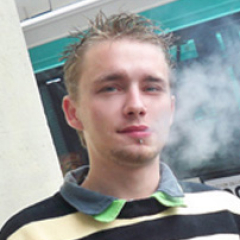





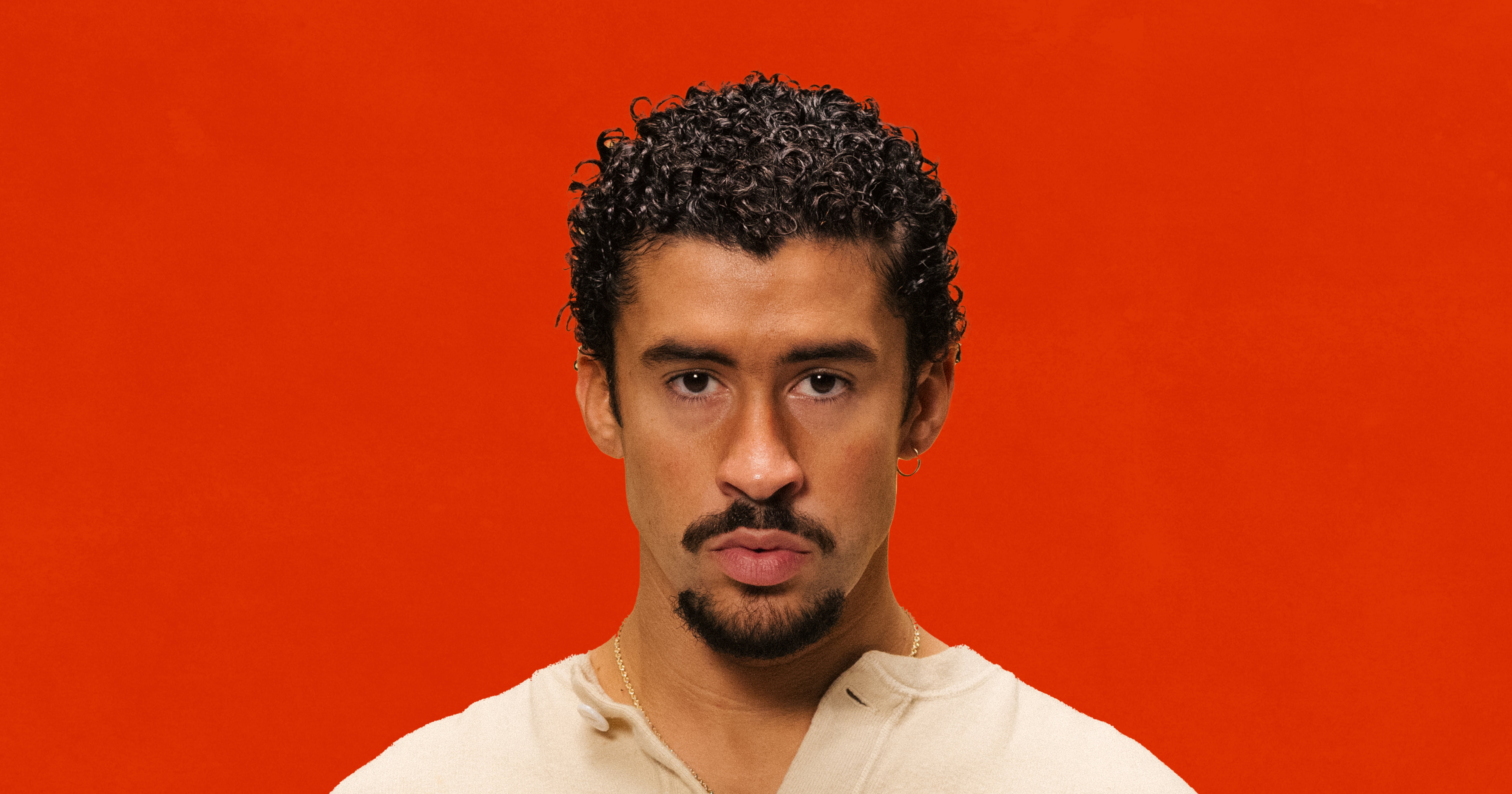
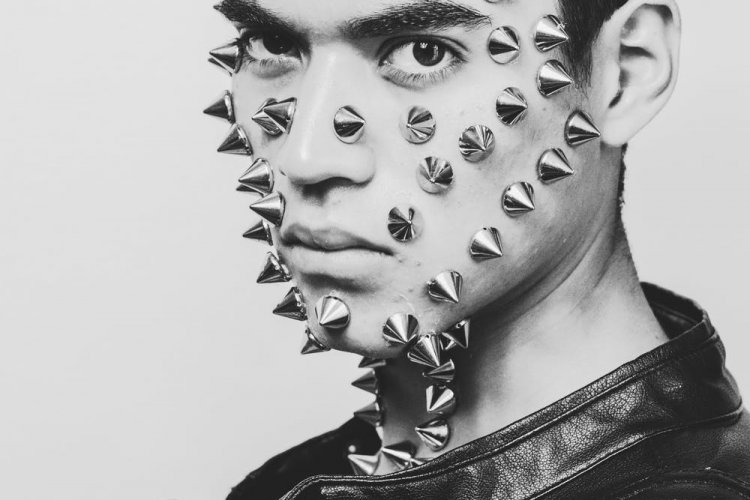
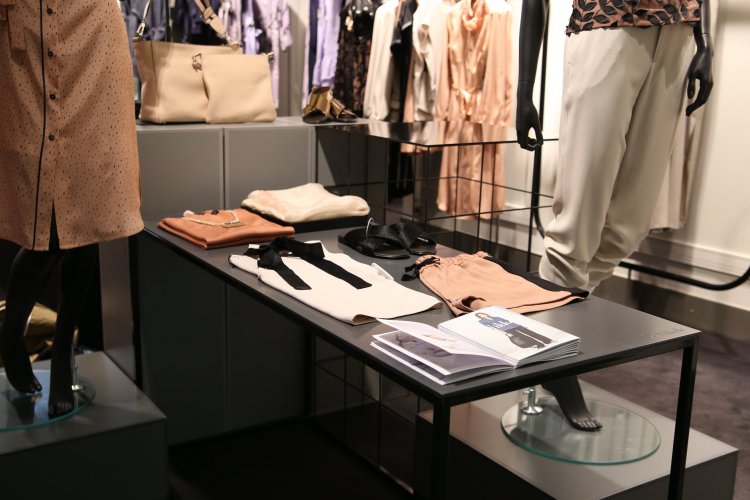



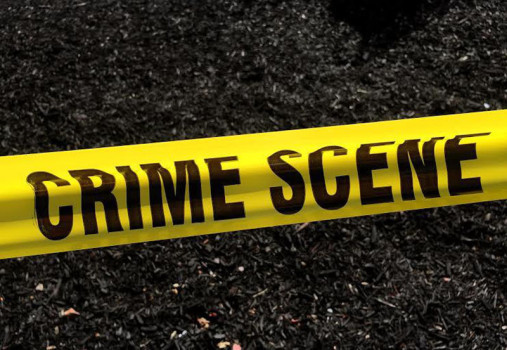
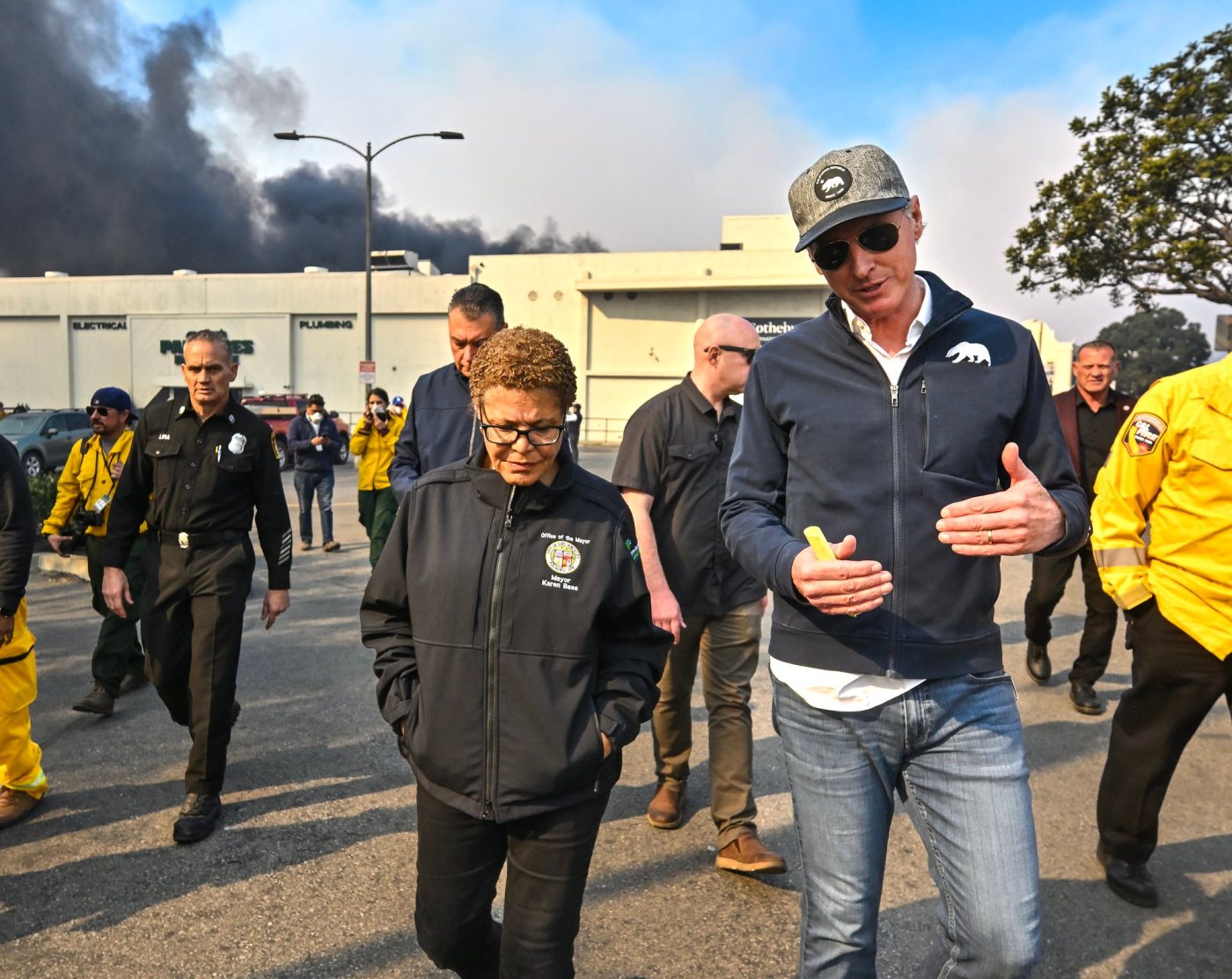
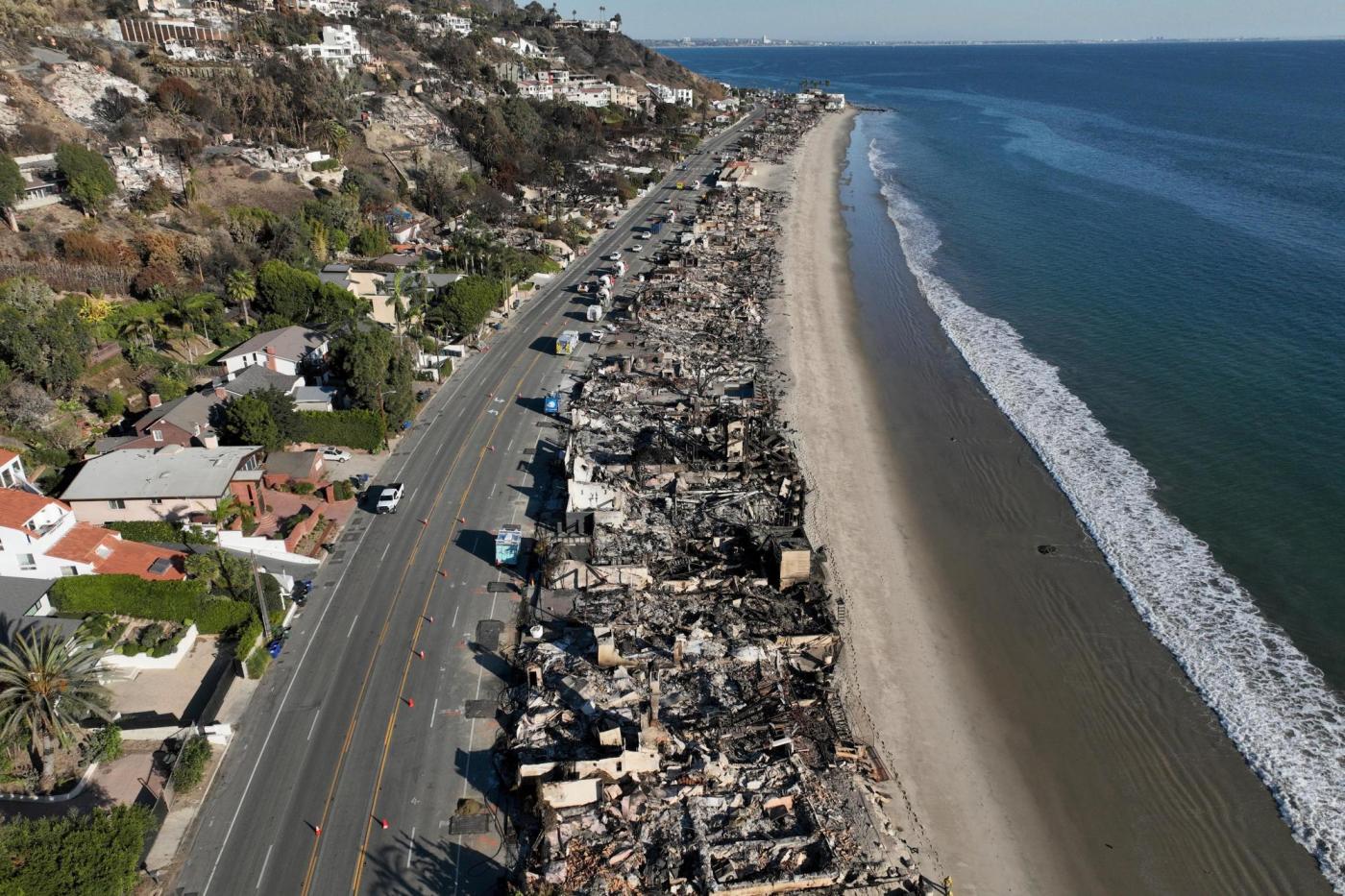
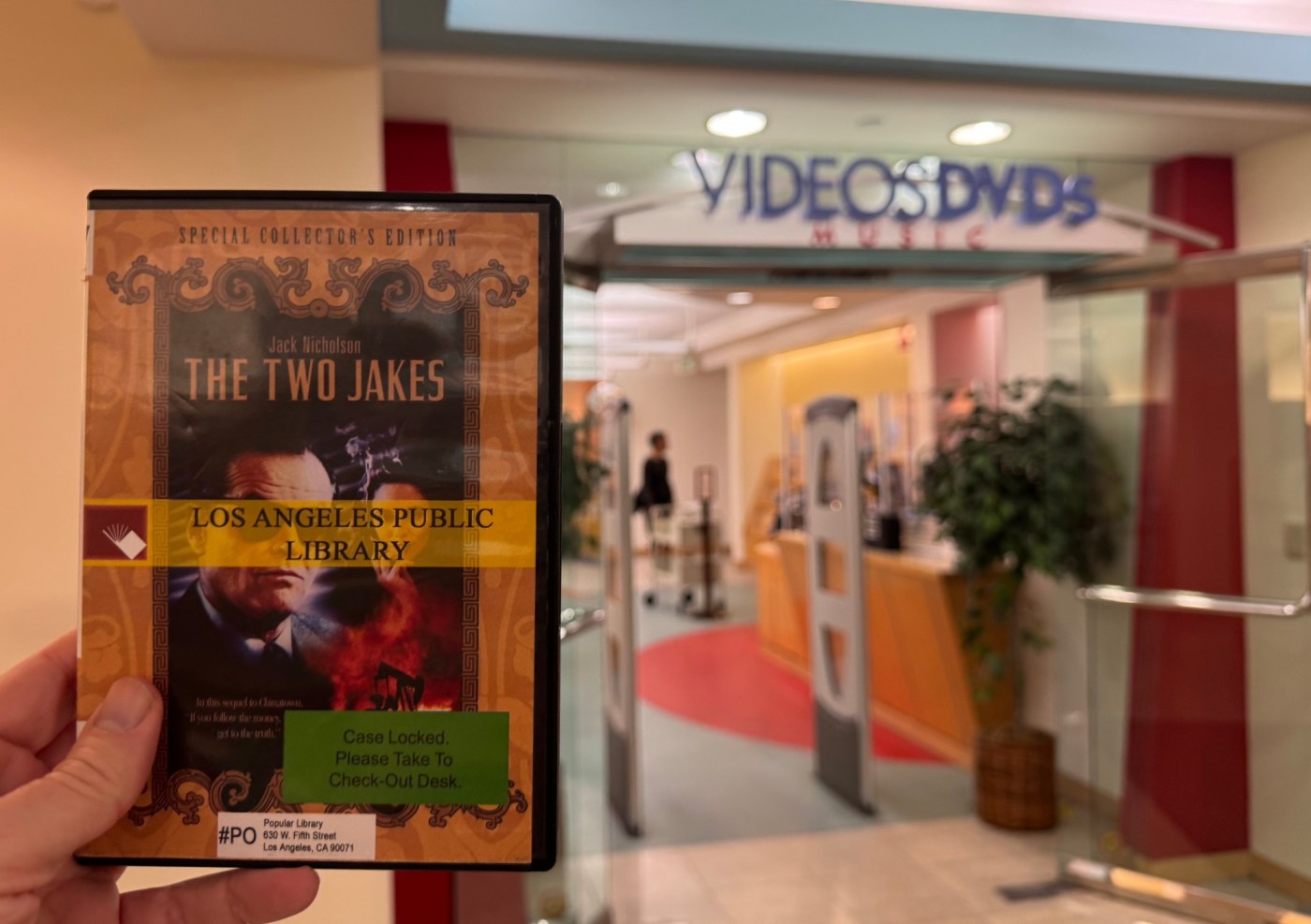
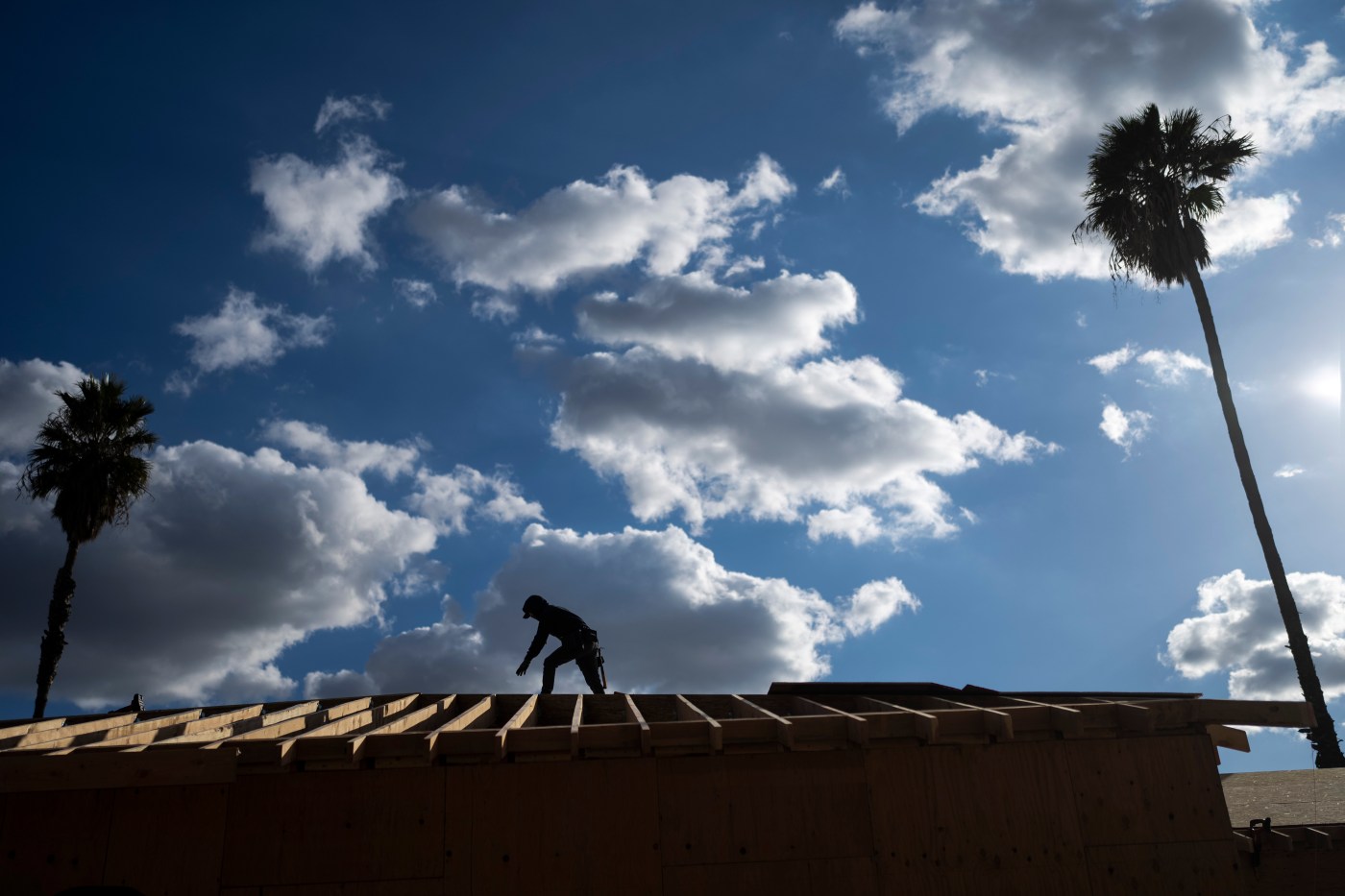
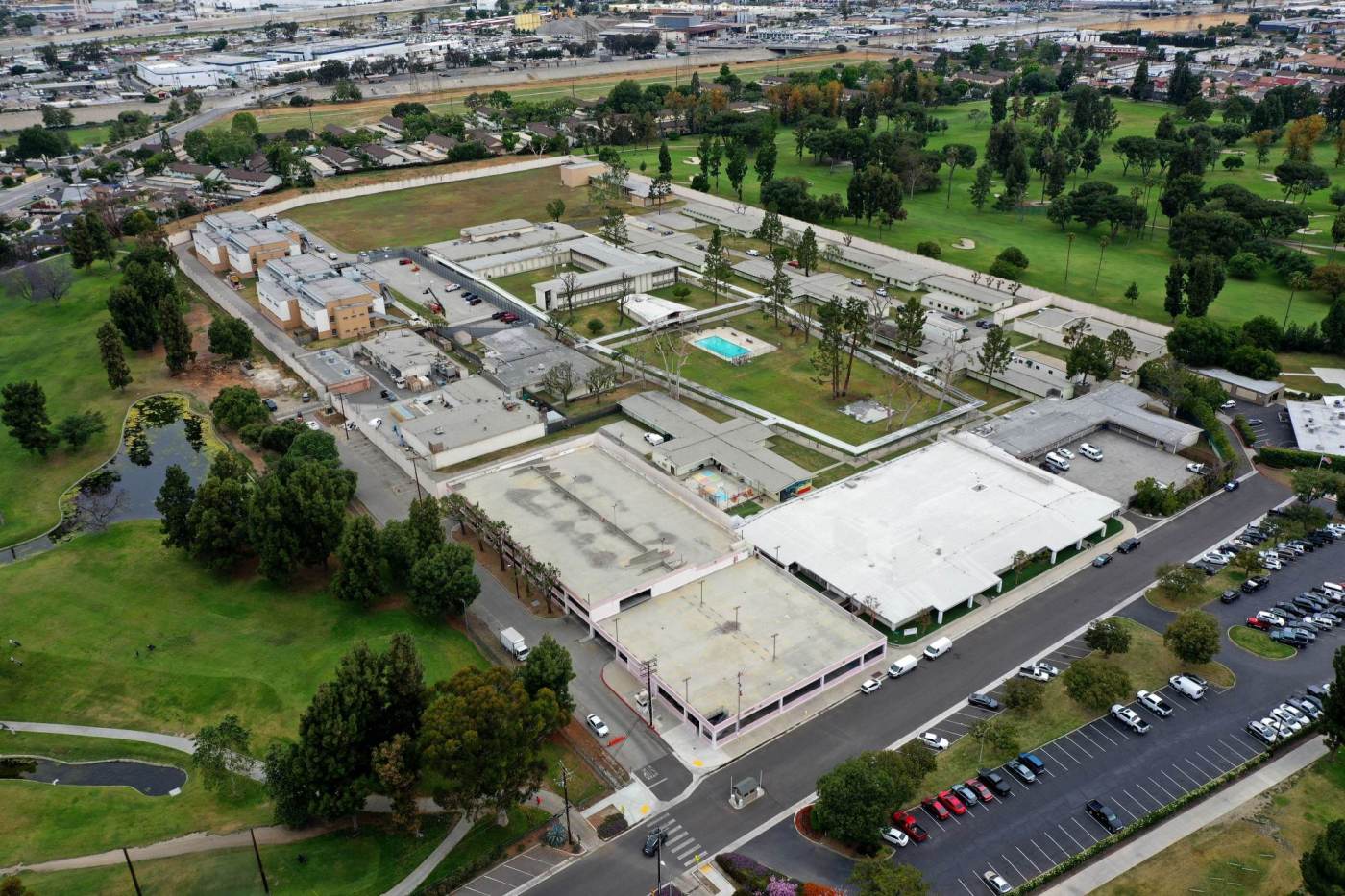



Leave a Comment